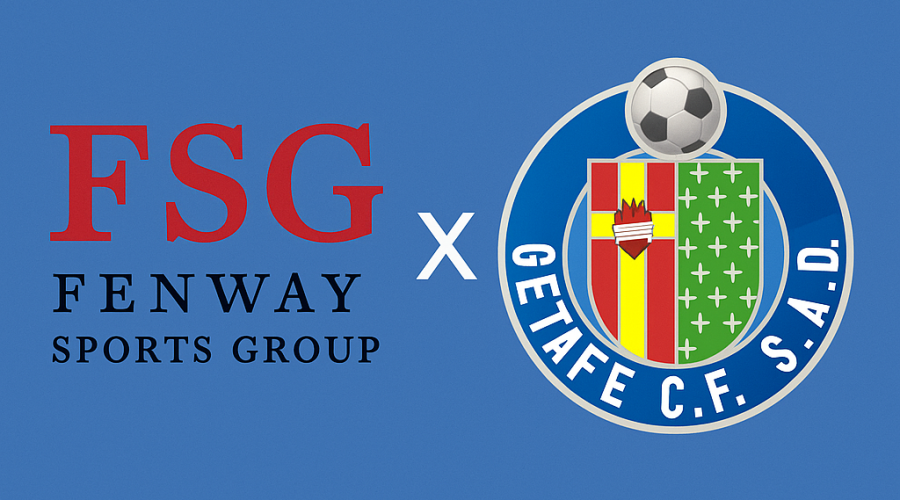Introduction
Fenway Sports Group (FSG), the owners of Liverpool FC, have officially stepped away from negotiations to acquire Spanish club Getafe CF. The group had been exploring the deal for months, but ultimately withdrew due to the high cost of the takeover and Spain’s strict La Liga financial rules, which severely limit club spending based on revenue. These constraints reportedly made the project “prohibitive” and unsustainable for FSG’s long-term multi-club strategy.
Why FSG Targeted Getafe
For over a year, FSG have been evaluating options to expand into multi-club ownership, a model used successfully by City Football Group and Red Bull.
Getafe emerged as a strong candidate due to:
- A stable presence in La Liga
- Proximity to elite Spanish talent
- A potential development pathway for young Liverpool prospects
- A structurally well-run club needing squad investment to climb the table
FSG completed a full due-diligence phase, assessing finances, infrastructure, and long-term projections.
Why FSG Walked Away
Despite real progress in talks, FSG ultimately removed themselves from the process due to two major obstacles:
1. High Total Cost of Acquisition
The purchase price — combined with required initial investment in the squad and facilities — exceeded the value FSG expected to receive from the project. The takeover wasn’t just about buying the club; Getafe required significant capital to modernize and compete.
2. La Liga’s Strict Financial Regulations
La Liga enforces one of the most rigid financial frameworks in European football.
Under the “squad cost limit” system, clubs may only spend a percentage of their revenue on wages, transfers, and squad operations.
Since Getafe generate limited revenue, their spending allowance is extremely restricted.
For FSG, this created two fatal issues:
- They could not invest aggressively even if they were willing to spend.
- They could not accelerate the club’s competitive growth without breaking regulations.
In other words: even with new ownership, Getafe could not expand fast enough to justify the investment.
An FSG source reportedly described the situation as “unworkable under Spain’s current rules.”
What This Means for Liverpool
The withdrawal doesn’t signal a change in direction for FSG — the group still intends to enter the multi-club space, but only under the right financial and regulatory conditions.
Key impacts on Liverpool:
- No short-term outgoing loan network expansion into Spain
- No Spanish development pathway for academy players
- FSG still actively searching for another club in a more flexible league
- The decision shows financial discipline — something that aligns with their data-driven ownership model
This also means that Liverpool’s recruitment and development strategies continue under the current single-club structure, at least for now.
What This Means for Getafe
Getafe now return to the market without a buyer:
- The club will continue operating under limited financial flexibility.
- They miss out on a potential long-term strategic partner with Premier League resources.
- Future investors may hesitate after seeing FSG walk away due to structural limitations.
Spain’s financial rules — meant to protect clubs — may also be unintentionally preventing major, responsible investment.
Could FSG Target Another Club?
Yes — FSG remain committed to establishing a multi-club network.
Possible future targets (based on previous reports):
- Portugal (more flexible financial rules)
- Belgium
- Netherlands
- MLS
- France
Expect news in the coming months, as FSG continue assessing opportunities where they can influence growth more freely.
Conclusion
FSG’s decision to withdraw from the Getafe takeover is rooted in logic rather than hesitation. The cost of purchasing the club — combined with La Liga’s strict financial restrictions — made the project unsustainable. While Getafe lose a major potential investor, FSG will now redirect attention to a more financially viable club that aligns with their long-term multi-club vision. Liverpool continue forward unaffected, while the search for the right global partner continues.

